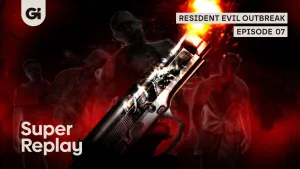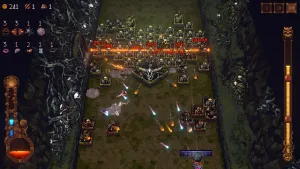Turn 10 Adjusting Forza 5’s Economy Following Fan Feedback

Last week, we discussed a bit about how microtransactions have stormed Microsoft’s first-party launch titles. The Forza Motorsport 5 community has been especially unhappy about how that title has stepped up the use of in-game credits. Today, developer Turn 10 has responded.
The economy will be seeing some temporary and permanent tweaks to address the concerns. Between 12:01 AM Pacific on Friday, November 29 and 11:59 PM on Sunday, December 1, all cars will be discounted by 50 percent.
Additionally, every VIP member will be receiving a 2013 Lotus E21 grand prix car in game. This gift may take 24 hours to appear in your garage.
Anyone who has already purchased the Lotus E21 as of today (Wednesday 27, 2013) will receive the 1962 Ferrari 250 GTO. Again, this may take 24 hours to appear.
Those who have purchased the LaFerrari Car Pack or the Forza Motorsport 5 Car Pass will receive the 2013 LaFerrari. You will not need to purchase it separately in-game.
Through the Forza reward program, players will receive tier-based credits and cars in December. The more you play (and the higher your level), the more you’ll get.
Finally, Turn 10 is rectifying an error in the promotion of the Limited Edition version of the game. The developer stated that the included 1,250 credits were enough to buy any car in the game. This is not true, as some are more expensive. As a make-right, Limited Edition owners will get to pick any on-disc car.
Turn 10 has promised that it will continue to refine the economy as needed. Have you been playing Forza 5, and have you purchased anything with real money? Let us know in the comments.
[Source: Forza Motorsport 5]
Our Take
This is a perfect example of the problems that developers and publishers invite by pairing free-to-play monetization mechanics with full-priced retail games. It’s one thing to see an economy shift in a free title, but watching it happen in retail games is disturbing at best.
Publishers can make a lot of money by going free-to-play, but they should do so in earnest, and not as a back door way to shove their hands into players’ wallets. Ultimately, the future of this practice is up to you, players. Don’t like it? Don’t buy in.

Get the Game Informer Print Edition!
Explore your favorite games in premium print format, delivered to your door.
- 10 issues per year
- Only $4.80 per issue
- Full digital magazine archive access
- Since 1991









